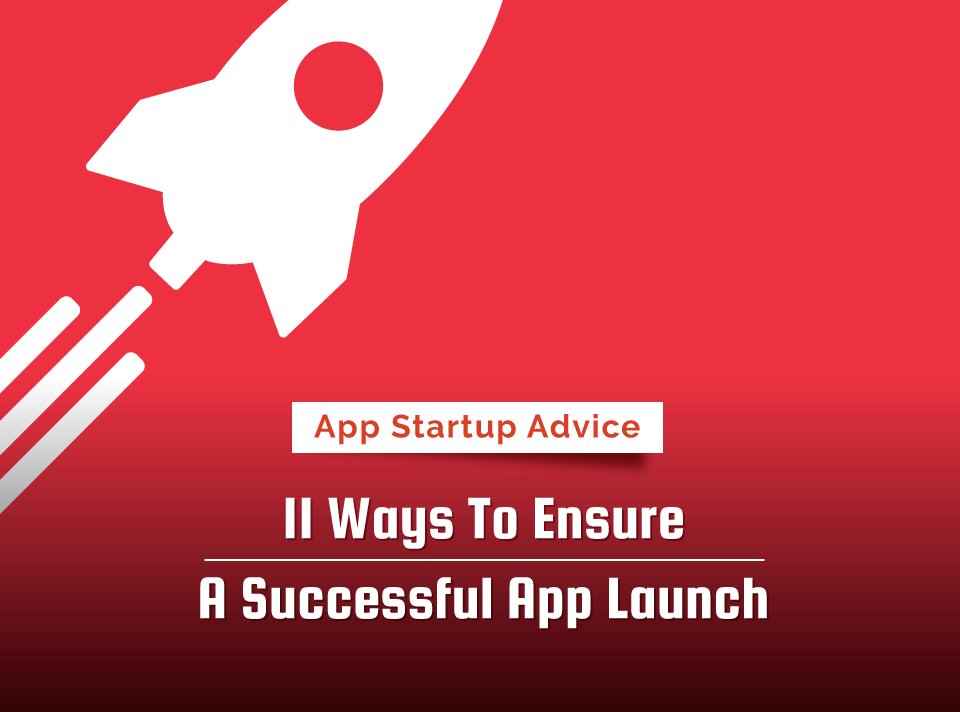Expert Tips: How To Launch A Startup

If you’re a first-time founder, most of what you know about startups is wrong. Learn how to launch a startup with this expert guide.
How To Launch A Tech Startup in 90 Days

Everyone has a great idea at some point, but most don’t bring it to fruition because they don’t know how to launch a tech startup.
How To Build A Growth-Oriented Startup Team

It’s easy to look at the media and believe that genius-level sole founders are behind the fast-growing unicorn companies we see constantly popping up around us. Many times, when a business succeeds, it is the most well-known team member that receives the public credit – and when a business fails, this same individual usually takes […]
How To Improve Business With Pirate Metrics (AARRR)

Pirate metrics (AARRR) is a framework that enables you to monitor customer behavior, reach your objectives, and grow your startup.
What Does It Mean to Be A Unicorn Startup Company?

A unicorn startup is a young company that is valued at over $1 billion. Learn about today’s unicorns and find out what it takes to become one.
Everything You Need To Know About the Role of CEO

It’s no secret that everyone wants to be the CEO. A search for “CEO” on LinkedIn pulls up 8.6 million U.S-based users who claim to hold the title of Chief Executive Officer. Learn what it takes to be a CEO
11 Ways To Ensure A Successful App Launch

Launching an app is only a small part of the battle. There are several essential things you need to do before the day of your app launch.
Detroit Startups: Launching Your Tech Startup in the Motor City

Detroit startups are growing and making waves on a global level. Learn about some of the city’s most successful new startups.
How To Create A Dating App That Doesn’t Suck

There are a million dating apps on the market, and most of them suck. Learn how to build a dating app that wins.
7 Unexpected Apps That Made Millions

There are millions of apps on the market, but only a few reach success. Learn from these 7 apps that made millions.